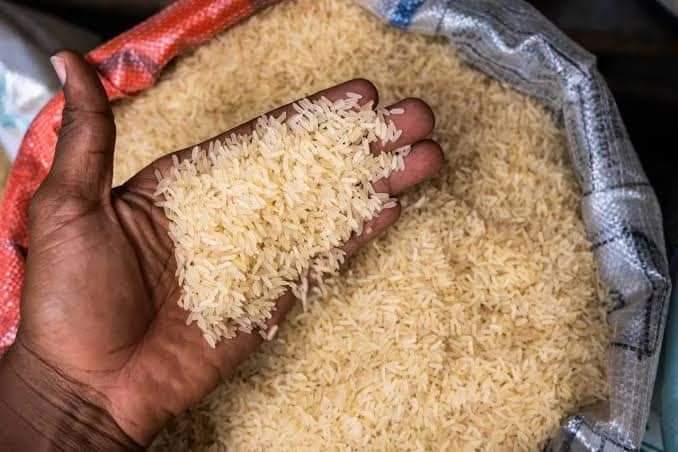This prolonged outage, attributed to vandalism of power transmission lines, has left business owners across these states struggling and affected crucial services, including healthcare, water, sanitation, and street lighting, the News Agency of Nigeria reports.
Due to the week-long blackout in Gombe, Jigawa, and Bauchi states, a bag of rice now costs between N120,000 and N160,000, compared to the previous range of N110,000 to N150,000.
This prolonged outage, attributed to vandalism of power transmission lines, has left business owners across these states struggling and affected crucial services, including healthcare, water, sanitation, and street lighting, the News Agency of Nigeria reports.
Rice millers in Gombe expressed the severe impact of the blackout on their operations. Musa Arab, a miller from Nassarawo Industrial Layout, noted, “We must invest in power because it is the biggest determining factor for industries to thrive.”
He explained that high fuel costs made it impossible to rely on generators, causing mills to reduce rice supplies, which in turn threatens food security.
Another business owner, Yusuf Ibrahim, warned of rising inflation, saying, “Some had jerked up their charges to cover the expenses on diesel, thereby affecting rice prices.”
Ugochukwu Daniel, a bartender in Bauchi, emphasised the reliance of his business on electricity, adding, “My trade is about chill drinks, and it survives on electricity to operate; otherwise, you will be out of business.”
In the laundry sector, Samuel Adamu reported resorting to charcoal for ironing, despite the price increase from N5,000 to N15,000. He said, “Presently, I do wash the cloth, and engage someone for ironing.”
Muhammad Adamu, Chairman of the Jigawa State House Assembly Committee on Power and Energy, noted that the newly enacted Jigawa Electricity Law 2024 aims to address power issues.
“The new law will pave way for the establishment of Jigawa Electricity Commission, to regulate the state’s electricity market,” he said, highlighting the law’s measures against vandalism.
This legislation, which followed constitutional changes allowing states to enact power laws, seeks to provide “reliable, affordable, and sustainable power, essential for development,” particularly in rural areas.
Follow Globaltrust.ng for more stories.





